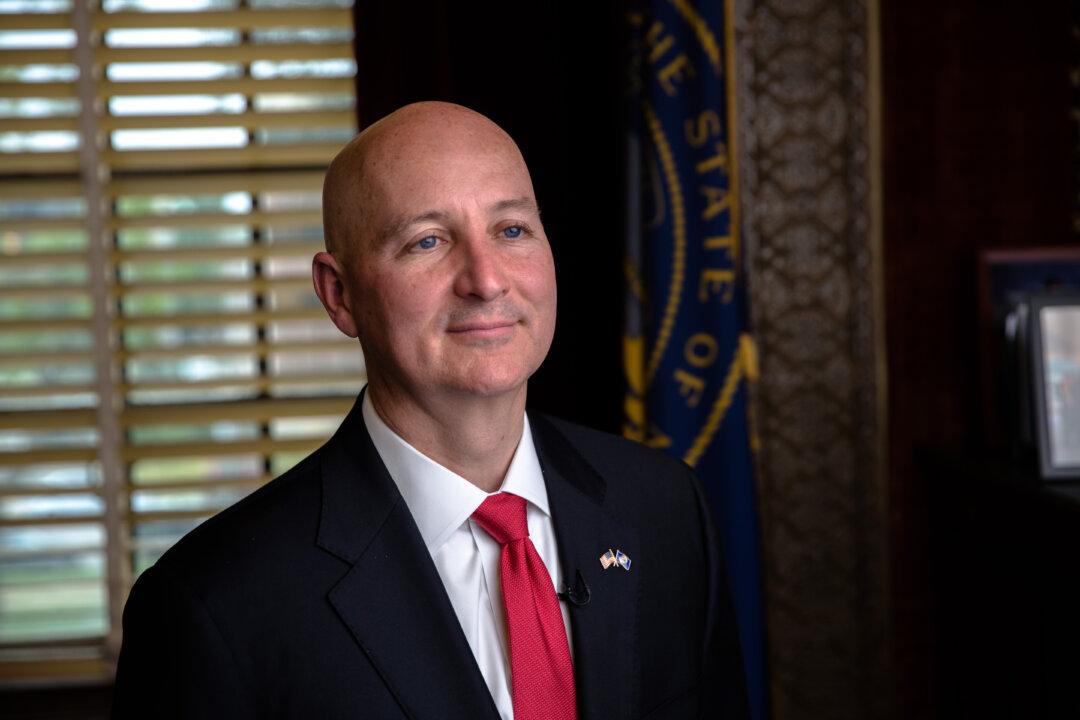Nebraska’s attorney general is working with other attorneys general to challenge President Joe Biden’s new COVID-19 vaccine mandates, Nebraska’s governor said Sunday.
“He’s coordinating with the other attorneys general across the country who share similar views about the overreach,” Nebraska Gov. Pete Ricketts said on “Fox News Sunday.”





